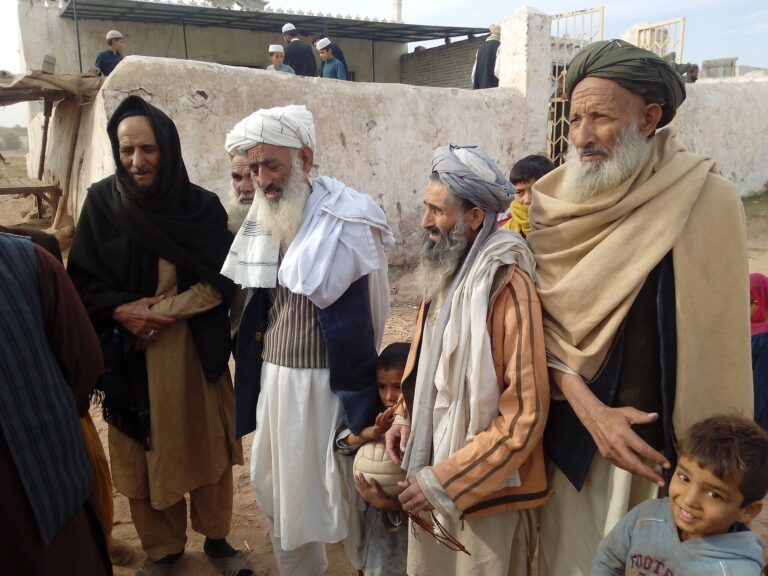The Afghan Ministry of Refugees and Repatriation on Thursday announced that it would extend the validity of Proof of Registration (PoR) cards of Afghan refugees in Pakistan for another year. The decision, conveyed by the Afghanistan Immigration Department in Islamabad, will extend the validity of the PoR cards from June 1, 2024 to June 30, 2025.
Despite assurances that registered refugees will not be targeted, many PoR card holders report being harassed or fearing deportation. The PoR card is an important identity document for Afghan refugees and gives them legal status in Pakistan. The extension of the card gives refugees some respite, allowing them to continue accessing basic services such as healthcare, education and banking facilities.
UN High Commissioner for Refugees Filippo Grandi welcomed the extension and stressed the need for sustainable solutions and support for both Afghan refugees and host communities. During his recent visit to Pakistan, Grandi called for a reset of the aid model, advocating for new partnerships and innovative approaches to address the problem of displacement. “We need to seize this opportunity to accelerate solutions and have a bigger, broader vision for the Afghan people in Pakistan,” he said.
The extension comes at a time of rising tensions, with Pakistan stepping up its deportations of illegal foreigners. Since the Taliban took control of Afghanistan in August 2021, many Afghans have fled to Pakistan seeking safety from persecution. But they have faced a wave of arbitrary detentions, arrests and threats of deportation.
In October 2023, Pakistan announced an “Illegal Aliens Repatriation Scheme.” The first phase of the plan gives undocumented Afghan refugees 30 days to leave the country or face deportation, putting 1.4 million refugees at risk. The second phase of the repatriation plan targets Afghanistan Citizen Card (ACC) holders.
The expulsion campaign has already led to the return of approximately 669,000 Afghan refugees to Afghanistan, many leaving their homes, properties and communities in Pakistan. The expulsion campaign began in response to the 2023 suicide bombings. The Pakistani government claimed, without providing any evidence, that Afghan nationals were involved in these incidents. The government also blamed the refugees for other militant activities and the strain on the country’s resources.

